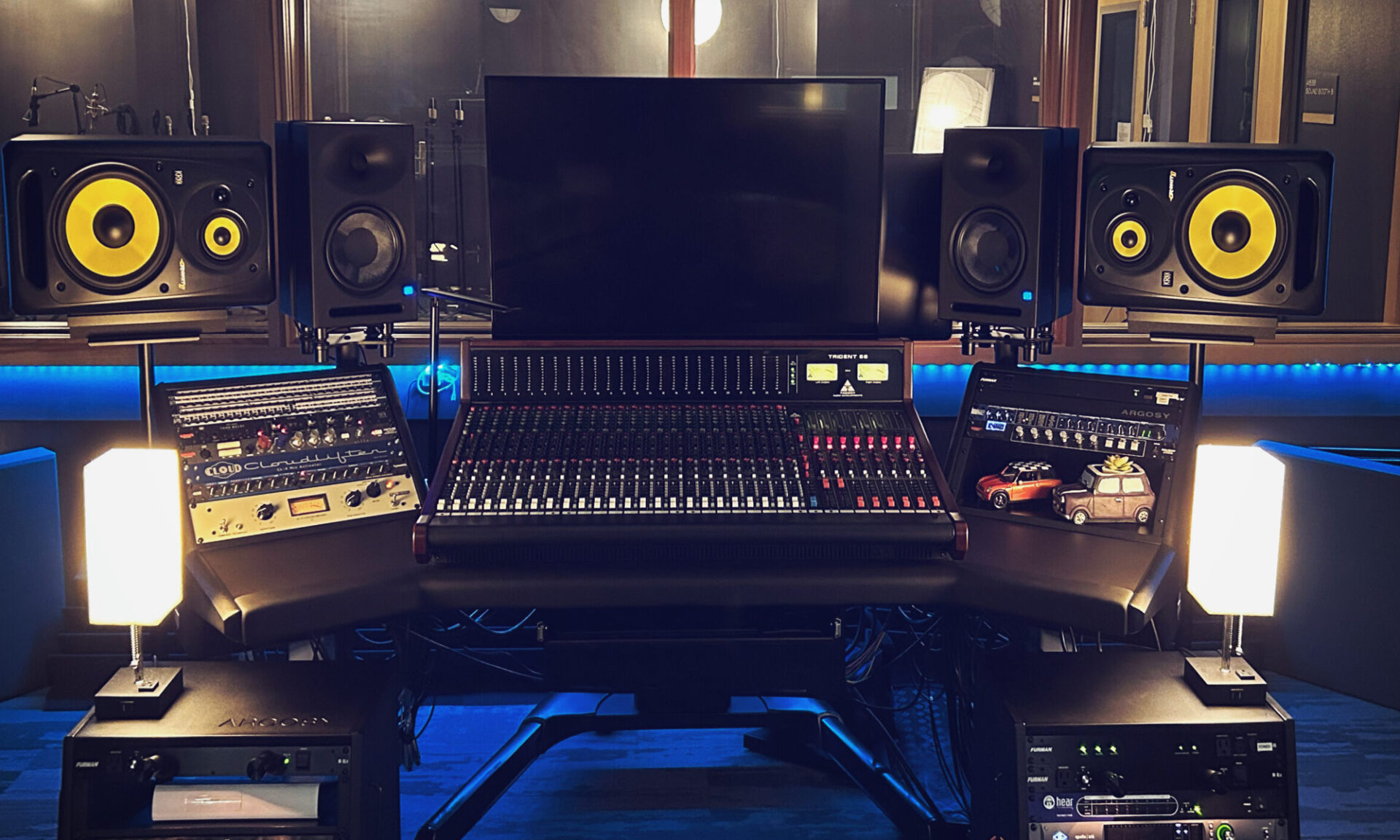Music 1470 Fundamentals of Music Technology II (1 credit hour)
Course objectives:
Fundamentals of music technology and audio production. Signal processing, system operation, and other core topics. Prerequisites: Mus 1410 and Mus 1420.
Purpose of this course:
Build upon Fundamentals of Music Technology I: Hardware and Fundamentals of Music Technology I: Software to complete the introduction of the core fundamentals of audio production, equipping students with the foundational knowledge required for success in more advanced courses.
Course objectives:
After completing Fundamentals of Music Technology II students will possess a working knowledge of common signal processing techniques, typical approaches to session setup and organization, industry-standard solutions for common production challenges, and other core knowledge relevant to most live sound and audio production environments.
COMM 1519 Media Aesthetics (3 credit hours)
Course Description:
This course focuses on the analysis and production of fundamental image and sound elements in visual and aural media. During this course, we will cover the following topics:
- Media Literacy-critical consumption of media and critical thinking about mediated programs.
- Media Convergence-technologies now allow messages to be produced and consumed through various media.
- Critical Analysis of media aesthetics, including:
- Light
- Color
- Two-dimensional Space
- Three-dimensional Space
- Editing (Time and Motion)
- Sound
- Developing messages for mass media, including:
- Semiotics
- Media aesthetics
- Screen grammar and conventions
Course Objectives (At the end of this class, each student will be able to):
- Understand and provide examples of each aesthetic field.
- Produce messages that incorporate and exemplify each aesthetic field.
- Critically analyze the aesthetic fields in a film or video.

